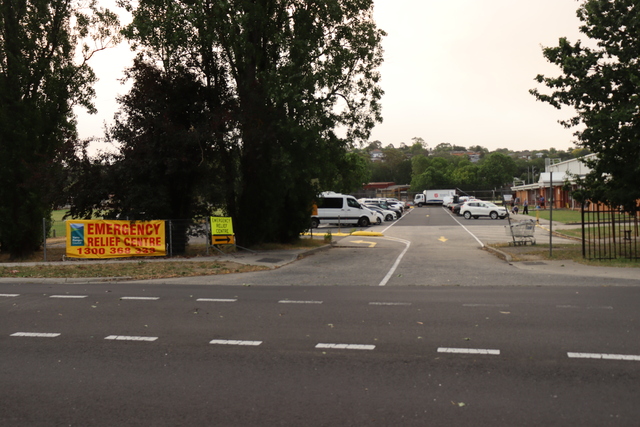This week, Seth Lukas Hynes reviewed the new Marvel blockbuster Thor: Love and Thunder, starring Chris Hemsworth, Natalie Portman and Christian Bale.
Rated M
3.5/5
Thor: Love and Thunder is another fun and moving comic book movie from New Zealand filmmaker Taika Waititi, but it’s also a film begging for its own identity.
Thor (Chris Hemsworth), the Norse god of thunder, reunites with ex-girlfriend Jane Foster (Natalie Portman), who now wields Thor’s magical hammer Mjolnir, to fight Gorr the God-Butcher (Christian Bale), who has a vendetta against all gods.
Love and Thunder is full of Waititi’s signature quirky pathos.
Thor has a satisfying emotional arc of opening his heart to connection again and being a hero to help people – especially children – not just for the glory. Portman conveys strength and fragility as Jane, with Mjolnir granting her godly powers but robbing her of life. Russell Crowe hams it up spectacularly as Zeus, and Tessa Thompson serves as something of a sassy straight-man as Valkyrie, the leader of New Asgard,
Love and Thunder is full of gags, but most are organic to the narrative, and the third act has a brilliant Pleasantville-like aesthetic, in which Gorr’s shadow-realm is black-and-white except for his eyes and the lustre of the heroes’ weapons.
Regrettably, Love and Thunder dips in quality when following the well-worn Marvel template.
The plot is propelled by yet another hunt for Macguffins (something that motivates the plot but otherwise has little to no importance). Much of the second act feels redundant, and the action sequences, while acrobatic and colourful, carry little impact or tension. Love and Thunder also thoroughly muddies Thor’s identity as a god: the series can’t decide if his powers come from his weapon Mjolnir or not.
Thor: Love and Thunder is an entertaining, affecting romp full of Waititi charm and outlandish humour, burdened by saggy, Macguffin-stuffed pacing, and is playing in most Victorian cinemas.
– Seth Lukas Hynes







